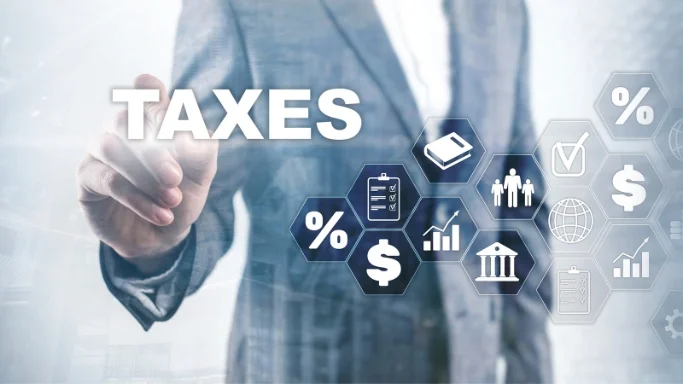
Technical Challenges of Making Tax Digital (MTD)
In an age where digitalisation is accelerating, the UK’s HMRC has embraced this trend by implementing Making Tax Digital (MTD), a revolutionary system to modernise tax management. This article explores the technical hurdles businesses, tiny businesses and VAT-registered entities may encounter with MTD. By understanding these challenges, they can better prepare themselves for the digital tax shift, ensuring smoother compliance with HMRC’s requirements.
Understanding Making Tax Digital (MTD)
Making Tax Digital, or MTD, is an HMRC initiative to digitise the UK tax system. MTD’s goal is to make it easier for taxpayers to get their taxes right and reduce errors that can lead to an overstated tax liability. It involves using MTD-compliant software to keep digital records and submit updates to HMRC.
However, implementing MTD presents several challenges, particularly regarding technology and digitisation. Small businesses and VAT-registered companies traditionally relying on manual or spreadsheet-based bookkeeping may find transitioning to digital record-keeping daunting. MTD’s implementation involves:
- Adjusting to new systems and processes.
- Understanding how to use MTD-compliant software.
- Overcoming the fear of making errors during the transition.
The Issue of Digital Exclusion
Only some business owners are tech-savvy; some may need more skills or resources to digitise their tax affairs. Although HMRC has given exemptions for those who genuinely cannot engage with digital technology, many small businesses may find themselves in a grey area where they have limited digital literacy but are not eligible for these exemptions. Businesses must learn and adapt to the use of software, often requiring external help, which can add to their operating costs.
The Challenge of Compliant Software
Finding and adapting to MTD-compliant software is another significant challenge for businesses. The software must be capable of keeping digital records, preparing VAT returns, and communicating with HMRC digitally. Companies that rely heavily on spreadsheets for their bookkeeping face the extra hurdle of using bridging software to submit their VAT returns. Selecting the right software, training employees, and transitioning can be time-consuming and stressful.
Bridging the Gap to Quarterly Updates
One of the most significant changes with MTD for VAT is the shift to quarterly updates. Businesses must send their income and expenditure summaries every three months, ensuring HMRC has up-to-date financial information. This requirement means that businesses need to keep on top of their records more frequently, which can burden those without dedicated accounting staff.
Looking Ahead: MTD for Income Tax and Corporation Tax
HMRC’s plans extend beyond MTD for VAT. Its roadmap includes implementing MTD for Income Tax Self-Assessment (ITSA) in April 2024 and MTD for Corporation Tax in the future. Businesses need to prepare for these changes, bringing their technical challenges.
Key Takeaways:
- Understanding the complexities of MTD and the requirements for digital record-keeping is crucial.
- Businesses should consider digital literacy and inclusion, ensuring they have the necessary skills and resources.
- Selecting and learning to use MTD-compliant software can be challenging but essential.
- The transition to quarterly updates may require changes in businesses’ internal processes.
- Companies must keep an eye on the future, preparing for the implementation of MTD for ITSA and Corporation Tax.
As the digitisation of the tax system continues, businesses must keep informed about the coming changes and be proactive in their preparations. Despite the challenges, MTD also presents opportunities to improve efficiency and accuracy in tax reporting, which is a significant advantage in the long run.


Request a call back
Let us know when you would like us to call you back by filling in this form:
Our 5 Star Reviews



Latest News

Making Tax Digital 2023: MPs Criticise Delays and Complexity
Explore the challenges and impacts of the UK’s Making Tax Digital initiative, including delays and the cost burden on taxpayers.

Making Tax Digital: Small Business Review
Making Tax Digital Small Business Review 2023: Understanding the Basics and Preparing for Change Introduction to Making Tax Digital (MTD) Since 1948, Jack Ross Chartered

Making Tax Digital: The Rising Costs and Challenges
Making Tax Digital: The Rising Costs and Challenges Introduction Making Tax Digital (MTD), the ambitious initiative by HM Revenue & Customs (HMRC) to digitise the
